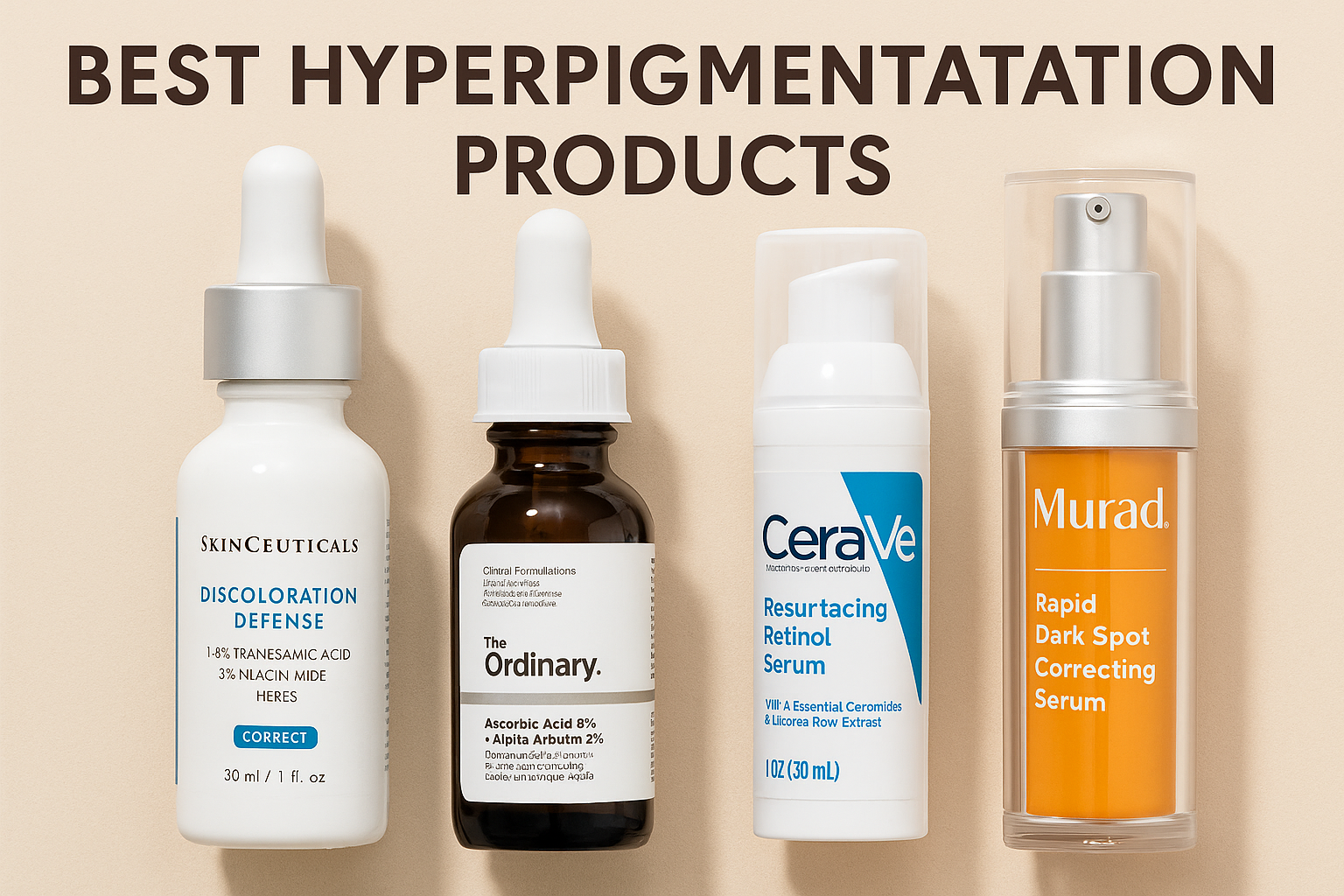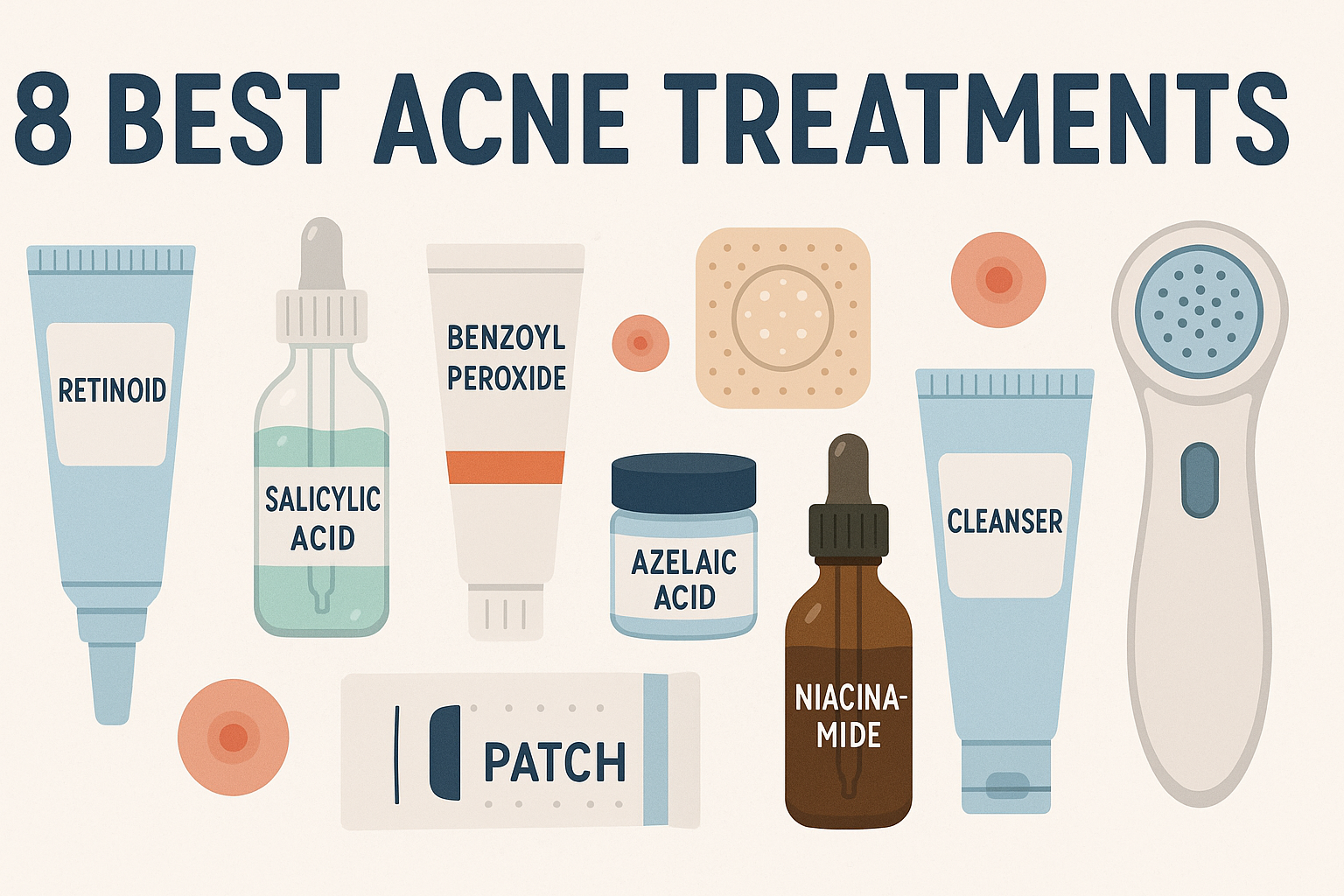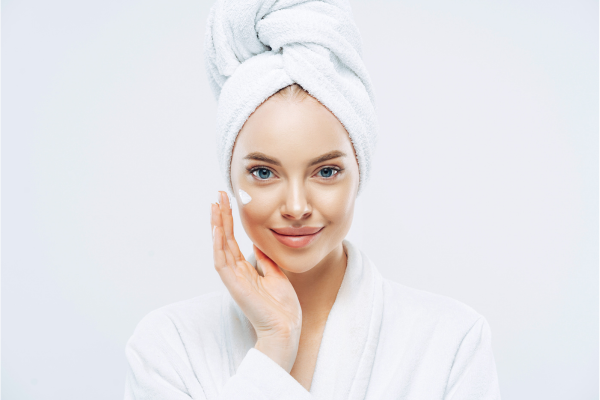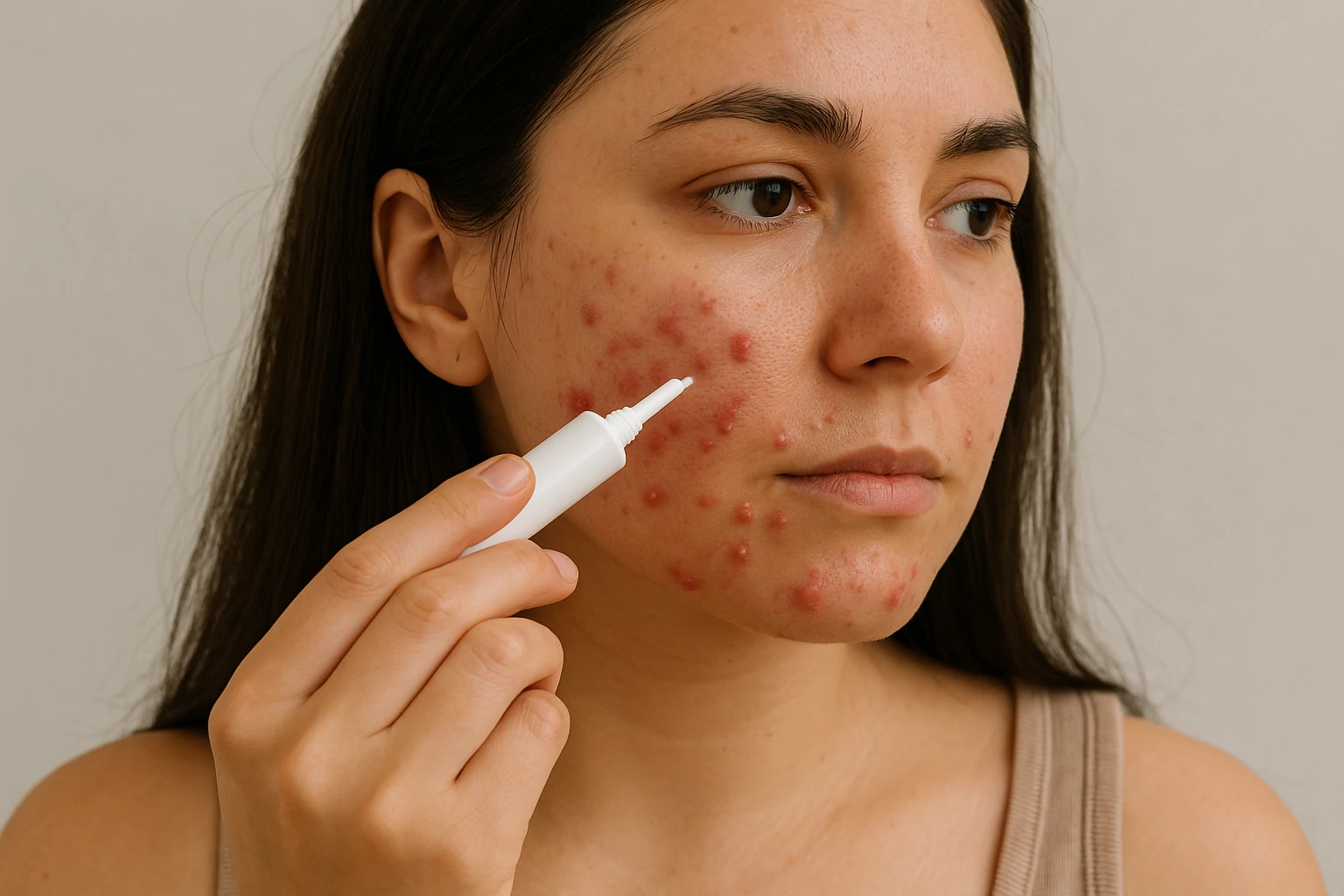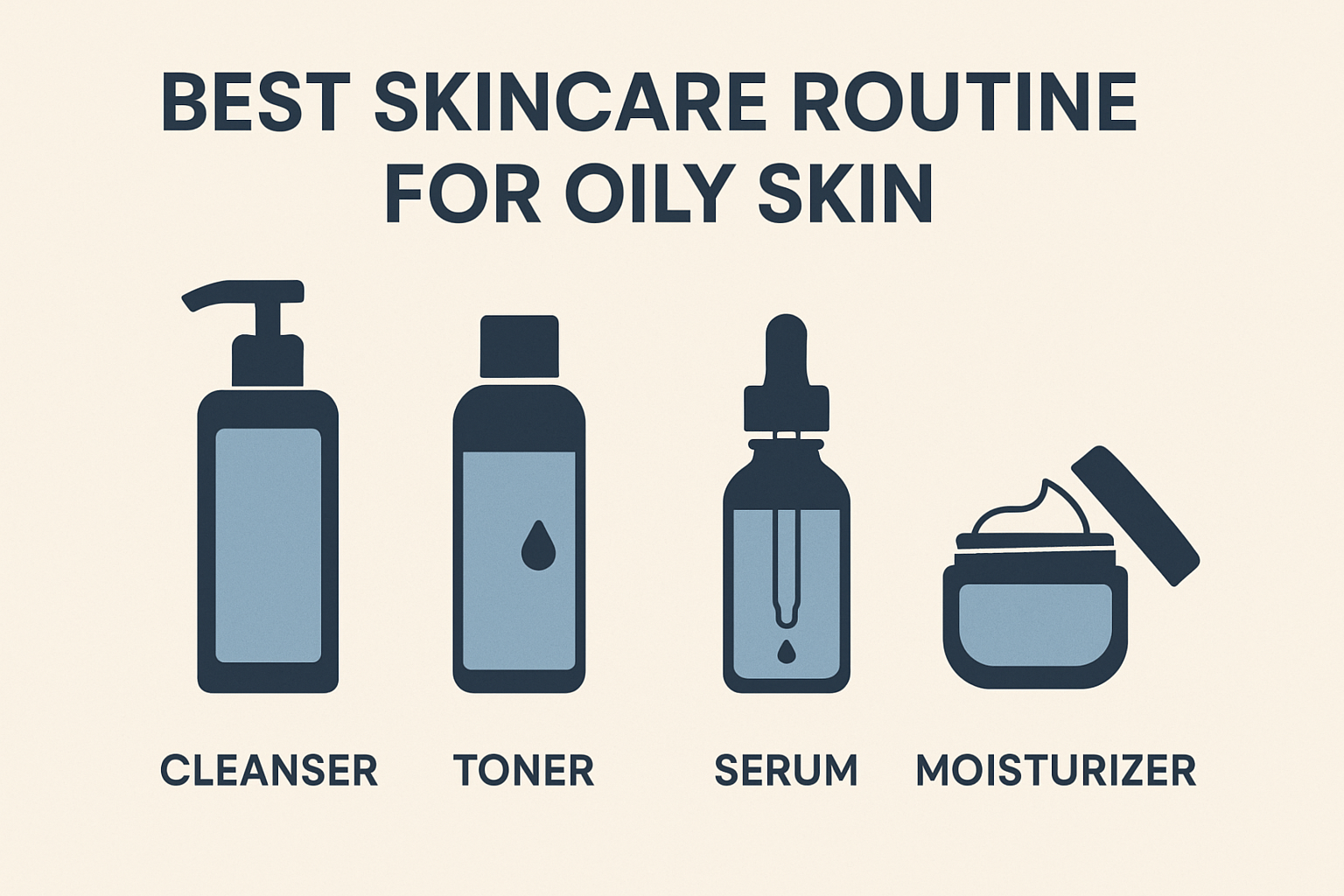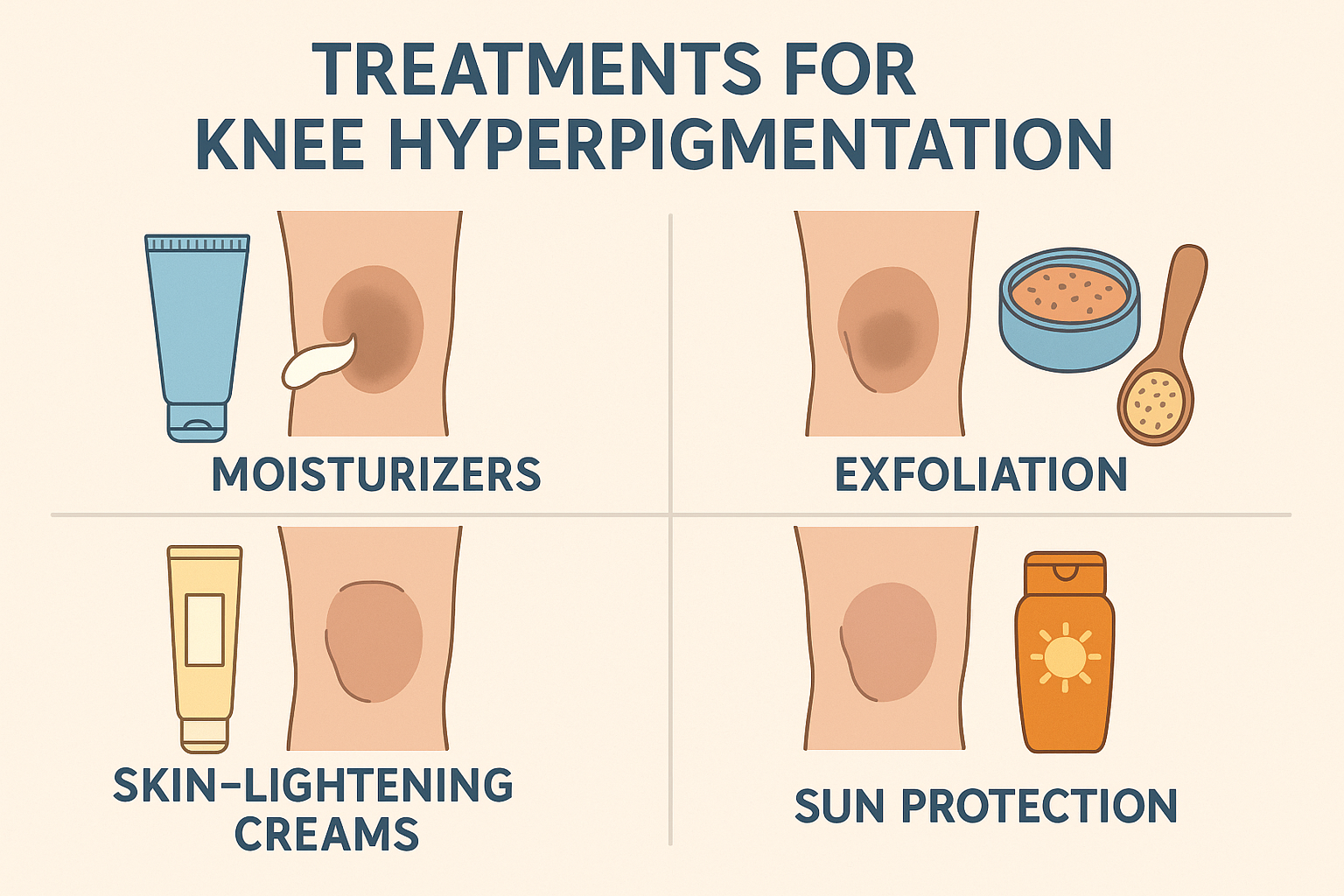Astaxanthin Skincare: Best Antioxidant for Glowing Skin
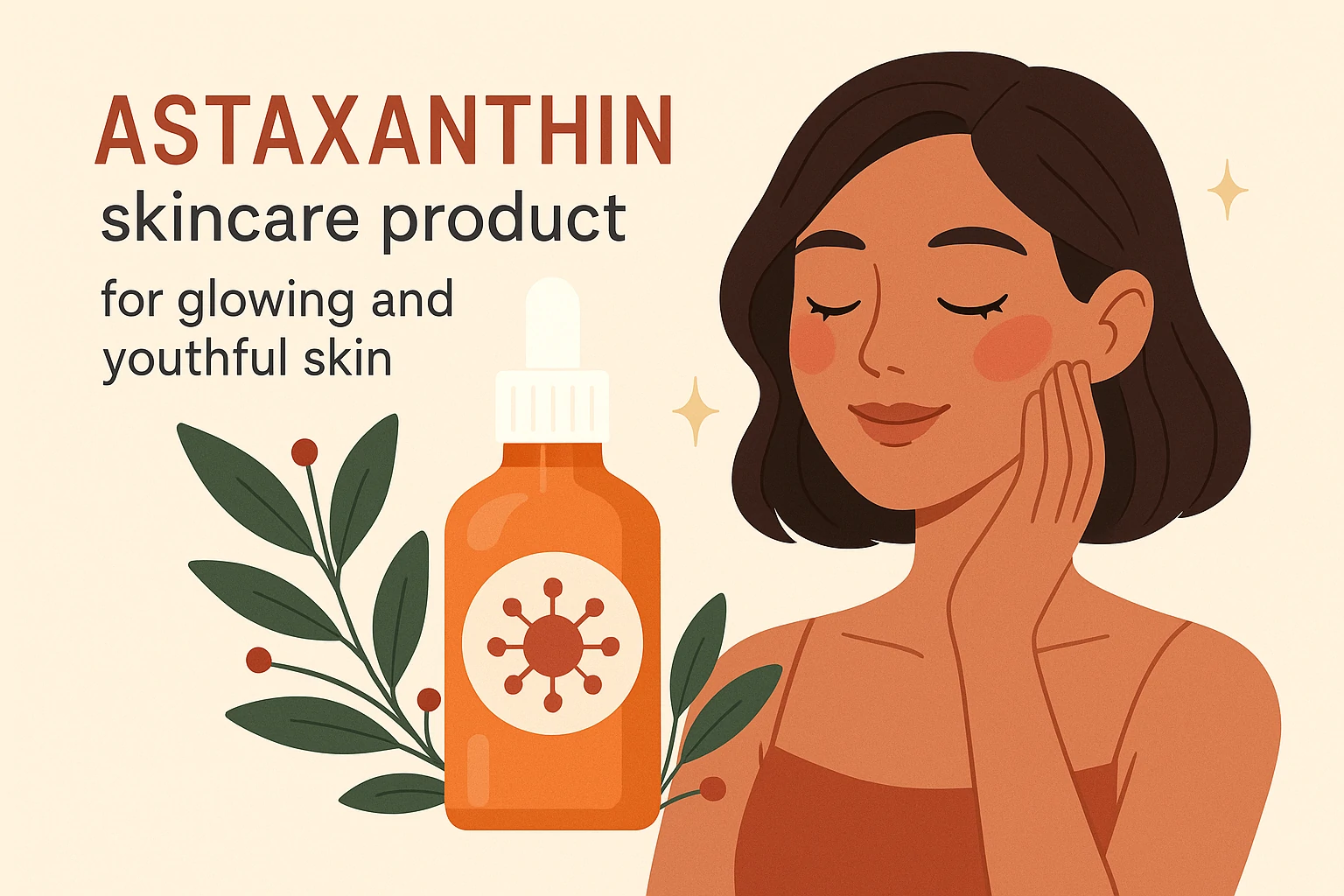
In today’s skincare world, powerful active ingredients are constantly making headlines—especially for those in their 20s to 40s looking for glowing, healthy skin. One standout ingredient catching the attention of dermatologists and skincare enthusiasts alike is astaxanthin, a potent antioxidant naturally derived from the microalgae Haematococcus pluvialis.
Unlike common antioxidants like vitamin C or E, astaxanthin offers significantly stronger protection against oxidative stress—a key factor in skin aging. Clinical studies have shown that this red-orange pigment not only helps defend skin cells from UV damage and pollution but also supports skin elasticity and hydration.
According to Dr. Shari Marchbein, a board-certified dermatologist, incorporating astaxanthin into your skincare routine—especially if you live in a city or are frequently exposed to the sun—can be an effective way to preserve youthful-looking skin and prevent premature aging.
With more skincare brands introducing astaxanthin-based products such as serums, night creams, and face masks, it’s essential to understand how this powerhouse antioxidant works and why it’s gaining momentum. This article will walk you through its science-backed benefits and expert perspectives so you can make informed choices for your skin.
What Is Astaxanthin?
Astaxanthin is a naturally occurring antioxidant classified as a carotenoid—the same family of pigments that gives vibrant color to salmon, shrimp, and even flamingos. Its distinct reddish hue comes from algae and marine organisms that consume it.
But beyond its striking color, astaxanthin offers remarkable antioxidant properties that make it a rising star in skincare science. It helps protect your skin from the inside out by neutralizing excess free radicals, which are the main culprits behind cell damage and visible signs of aging.[1Byrdie: Meet Astaxanthin: The Secret Antioxidant Your Skincare Routine Needs.]
Dermatologist Dr. Dendy Engelman notes that astaxanthin not only protects skin cells but also enhances moisture retention, elasticity, and overall skin tone. What’s even more impressive is that research suggests its antioxidant power is up to 6,000 times stronger than vitamin C, making it a game-changer for targeting early aging and inflammation.
With a growing body of research and real-world results, astaxanthin is now being embraced in both topical products and daily supplements to support skin health from every angle.
What Does Astaxanthin Do for Your Skin?
So, how exactly does astaxanthin benefit your skin? According to a 2012 clinical study, regular use—whether applied directly to the skin or taken as a supplement—can lead to smoother texture, improved firmness, fewer dark spots, and even a reduction in fine lines, especially around delicate areas like the eyes.[2Tominaga K, Hongo N, Karato M, Yamashita E. Cosmetic benefits of astaxanthin on humans subjects. Acta Biochim Pol. 2012;59(1):43-47.]
What sets astaxanthin apart is its dual action: it works both as an external shield and an internal support system. Many early studies confirm that astaxanthin can reduce skin damage from UV exposure, which is one of the top causes of premature aging.
In fact, a 2018 scientific review concluded that astaxanthin has multi-functional benefits—it’s not just an antioxidant, but also a natural anti-inflammatory and photoprotective agent. This means it doesn’t just treat the skin’s surface but helps reinforce the skin barrier and prevent further damage over time.[3Davinelli S, Nielsen ME, Scapagnini G. Astaxanthin in skin health, repair, and disease: a comprehensive review. Nutrients. 2018;10(4):522. doi:10.3390/nu10040522.]
For beginners new to skincare, this means astaxanthin offers a gentle but powerful entry point into targeted skin treatment—especially for those dealing with early signs of aging, dullness, or environmental stress.
Top Benefits of Astaxanthin for Skin
Astaxanthin isn’t just another trendy ingredient—it’s a science-driven solution with numerous proven skin benefits. Here’s what it can do for your complexion:
- UV Protection for Outdoor Lovers
Astaxanthin acts as a natural sunscreen enhancer, shielding your skin from harmful UV rays. Whether used in creams or as a supplement, it helps reduce sun-induced skin aging and irritation.[4Ito N, Seki S, Ueda F. The protective role of astaxanthin for UV-induced skin deterioration in healthy people-a randomized, double-blind, placebo-controlled trial. Nutrients. 2018;10(7):817. doi:10.3390/nu10070817.] - DNA Repair Support
Excessive sun exposure can damage the DNA in your skin cells. Studies suggest that astaxanthin helps promote DNA repair while reducing the risk of abnormal cell growth—supporting long-term skin health.[5Davinelli S, Nielsen ME, Scapagnini G. Astaxanthin in skin health, repair, and disease: a comprehensive review. Nutrients. 2018;10(4):522. doi:10.3390/nu10040522.] - Boosts Your Skin’s Defense System
Astaxanthin enhances the production of immunoglobulins—key molecules that help your body fight off inflammation, viruses, and skin disorders. - Fewer Wrinkles, Less Redness
Thanks to its anti-inflammatory properties, astaxanthin helps calm the skin, reduce puffiness, and visibly smooth fine lines—even in conditions like eczema or rosacea. - Fights Hyperpigmentation
By neutralizing free radicals, it helps prevent dark spots and uneven skin tone, promoting a more radiant and even complexion. - Improves Hydration and Natural Glow
Topical and oral astaxanthin work together to maintain moisture levels, reduce blemishes, and enhance that healthy, lit-from-within glow. Brands like Care/of even offer specialized supplements for this purpose. - Nature’s Strongest Antioxidant
Compared to vitamin C or E, astaxanthin is one of the most powerful antioxidants available—ideal for anyone looking to protect their skin from pollution, screen light, and daily stress. - Gentle on Sensitive Skin
Astaxanthin is non-irritating and anti-inflammatory, making it suitable for those with sensitive or reactive skin types. It helps soothe redness and calm irritation naturally.
Are There Any Side Effects? What You Should Know
Astaxanthin is generally considered safe and well-tolerated when used in skincare products. Most people—even those with sensitive skin—experience no adverse reactions when applying it topically.
However, when taken as a dietary supplement, there are some precautions to keep in mind. Some research indicates that astaxanthin may influence the immune system, which could be a concern for individuals with autoimmune disorders.[6Astaxanthin: a review of the material. Natural Medicine Journal. 2012;4(2).] If you have a medical condition, it’s best to consult your doctor before starting any supplement regimen.
Additionally, while no major side effects have been confirmed, long-term high doses may potentially impact hormone levels—particularly testosterone—although more clinical studies are needed.
For best results, stick to recommended dosages and choose high-quality products from trusted brands. And as always, if you’re unsure, talk to a licensed healthcare provider or dermatologist.
How to Use Astaxanthin in Your Skincare Routine
Astaxanthin can be found in various skincare products such as serums, moisturizers, and face oils. These products are generally safe to use in both your AM and PM routines, depending on their formulation and other active ingredients.
In dermatology, astaxanthin is often combined with vitamin C or E to boost antioxidant protection. Dr. Hadley King, a board-certified dermatologist, recommends this combination for more effective results in preventing environmental skin damage.
If you’re just starting out, here are some recommended options:
- DHC Astaxanthin Collagen All-In-One Gel: Lightweight and easy to apply—perfect for daily hydration and antioxidant support.
- Derma E Anti-Aging Regenerative Night Cream: Richer in texture, ideal for nighttime use and deep nourishment.
- Paula’s Choice Skin Recovery Super Antioxidant Concentrate Serum: Gentle enough for sensitive and dry skin.
Always do a patch test first—especially if you’re new to skincare or have sensitive skin. Apply a small amount to your inner arm and wait 24 hours to check for any reaction.
Astaxanthin vs. Vitamin C
Both astaxanthin and vitamin C are well-known antioxidants in skincare, but they work in slightly different ways—and often even better when used together.
Experts agree that astaxanthin offers stronger antioxidant power, with studies showing it’s up to 100 times more effective than other carotenoids like beta-carotene and even more potent than vitamin C or E. That’s why it’s commonly used in products designed to fight premature aging, sun damage, and loss of skin elasticity.
But that doesn’t mean vitamin C isn’t important. In fact, when combined, these two antioxidants offer synergistic effects: vitamin C brightens and stimulates collagen, while astaxanthin protects and repairs.
Looking to get the best of both worlds? Try the 3LAB Perfect C Treatment Serum, which blends advanced forms of both ingredients to deliver visible improvements in brightness, firmness, and skin tone.
Best Astaxanthin Skincare Products You Should Try in 2025
As astaxanthin grows in popularity, many top skincare brands are formulating products around its powerful antioxidant properties. Whether you’re looking for daily hydration, anti-aging care, or barrier repair, here are the top astaxanthin skincare picks for 2025:
- DHC Astaxanthin Collagen All-In-One Gel
Combines astaxanthin and collagen in a light gel texture. Great for daily use to hydrate, brighten, and maintain skin elasticity. - Derma E Anti-Aging Regenerative Night Cream
Rich night cream with peptides and astaxanthin to rejuvenate dry and aging skin overnight. - Paula’s Choice Skin Recovery Super Antioxidant Concentrate Serum
Ideal for sensitive or dry skin, this serum blends astaxanthin, vitamin C, and E to soothe and protect. - 3LAB Perfect C Treatment Serum
Advanced formulation with vitamin C and astaxanthin—targets dark spots, loss of firmness, and oxidative stress.
When selecting the best product for your needs, consider your skin type, goals, and preferred texture. And as always, do a patch test to make sure the formula works well with your skin.
Astaxanthin for Every Skin Type: Who Should Use It?
One of astaxanthin’s greatest strengths is its versatility across different skin types. Whether you have dry, oily, sensitive, or mature skin, this antioxidant can work for you—making it ideal for beginners who aren’t sure where to start.
- For Dry Skin
Astaxanthin helps strengthen the skin barrier and retain moisture, making it a great choice for those experiencing tightness or flaking. A richer formula like Derma E Regenerative Night Cream can help lock in hydration overnight. - For Oily or Acne-Prone Skin
Thanks to its non-comedogenic and anti-inflammatory properties, astaxanthin can calm breakouts without clogging pores. Look for lightweight serums like Paula’s Choice Super Antioxidant Concentrate. - For Sensitive Skin
If your skin easily reacts to new products, astaxanthin is a gentle option that soothes redness and irritation. Just remember to patch test first. - For Aging or Mature Skin
Astaxanthin is known to visibly reduce fine lines, boost firmness, and even out skin tone. When used consistently, it can help slow down the appearance of aging and keep your skin glowing.
What Experts and Clinical Studies Say About Astaxanthin
Astaxanthin isn’t just a buzzword—it’s supported by real science and trusted dermatologists around the world.
Dr. Joshua Zeichner, Director of Cosmetic and Clinical Research in Dermatology at Mount Sinai Hospital, states that “astaxanthin helps defend against oxidative stress and supports collagen production—two essentials for firm, healthy skin.”
A 2012 clinical study revealed that both topical and oral use of astaxanthin over several weeks improved skin texture, reduced fine lines, and faded age spots. These results make it one of the most exciting ingredients in the anti-aging space.
Dr. Hadley King also emphasizes that astaxanthin works even better when paired with other antioxidants like vitamin C and E, enhancing your skin’s resilience and glow.
More than just a cosmetic ingredient, a 2018 review highlighted its ability to repair DNA damage, reduce inflammation, and even support immune health—proving astaxanthin’s place in science-backed skincare solutions.
Final Thoughts
If you’re new to skincare or just starting to explore powerful ingredients, astaxanthin is absolutely worth considering. Backed by science and expert-approved, this natural antioxidant offers a wide range of skin benefits—from improving hydration and elasticity to protecting against UV damage and premature aging.
What makes astaxanthin especially appealing is its versatility across skin types, gentle nature, and proven synergy with other antioxidants like vitamin C and E. Whether you’re dealing with dry skin, fine lines, or just looking to build a smarter skincare routine, astaxanthin can deliver real, visible results over time.
As always, start simple—choose a product that suits your skin type, do a patch test, and give your skin a few weeks to respond. With consistency, you’ll likely notice smoother, healthier, and more radiant skin.
Ready to level up your routine? Astaxanthin might just be the antioxidant your skincare has been missing.

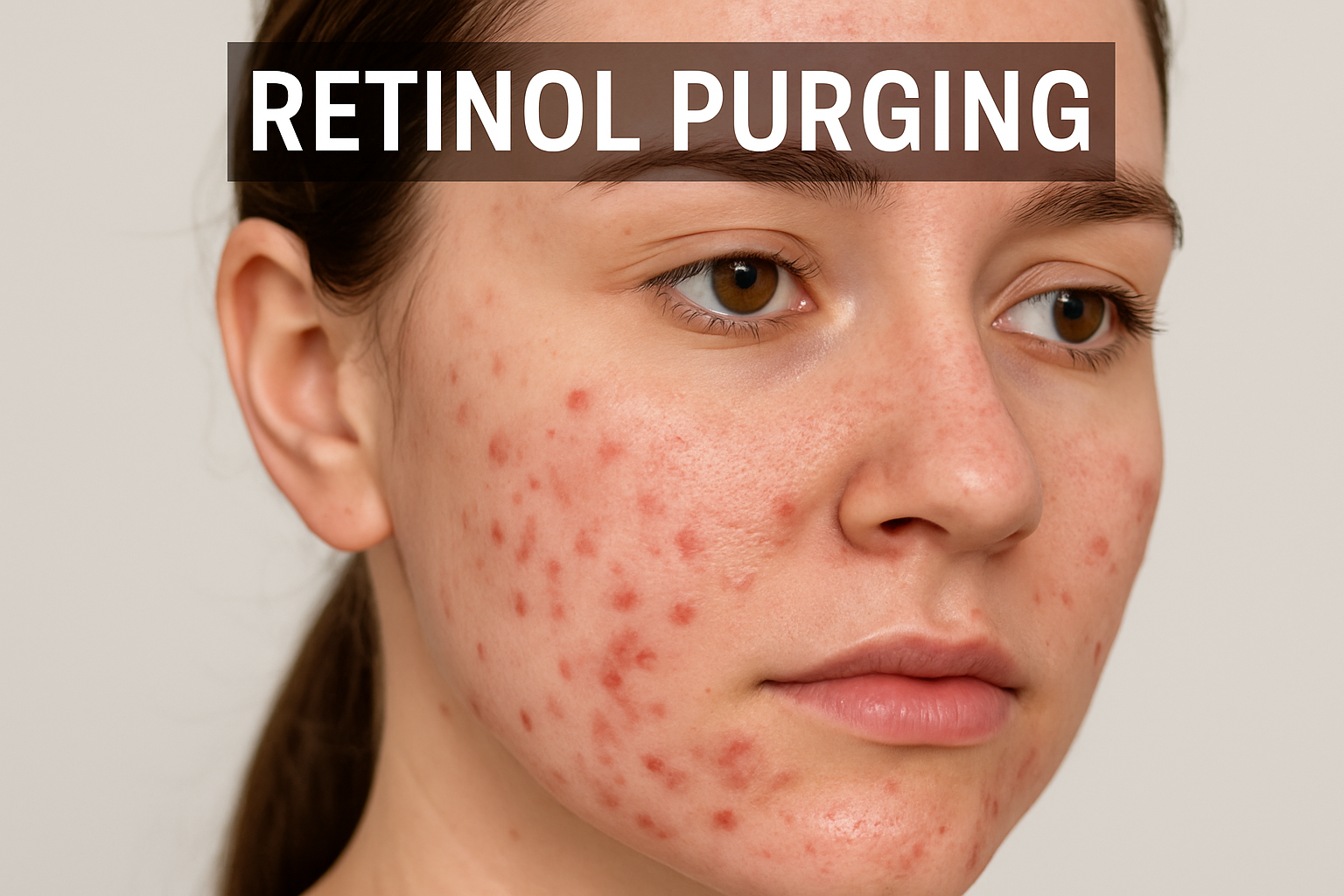
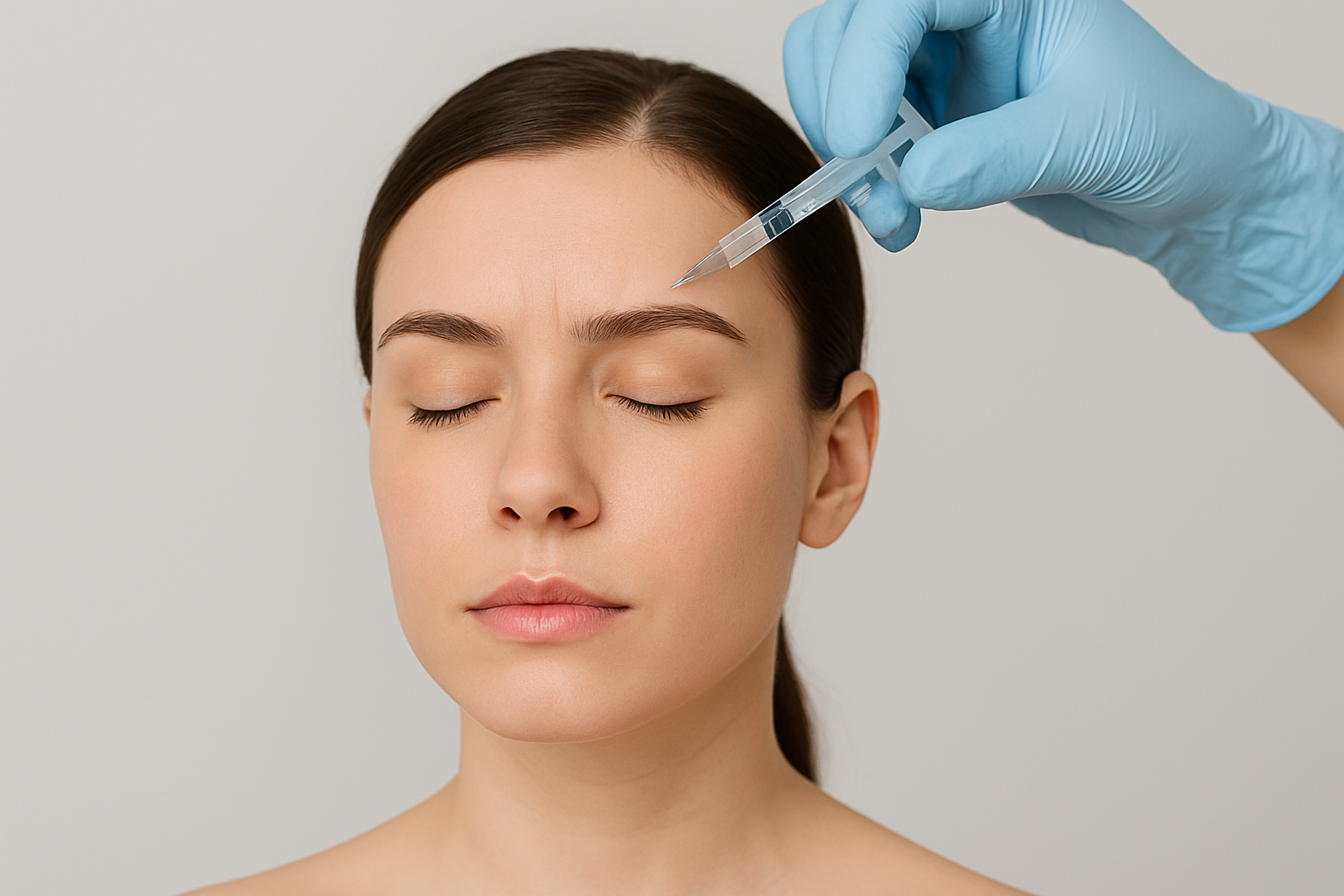
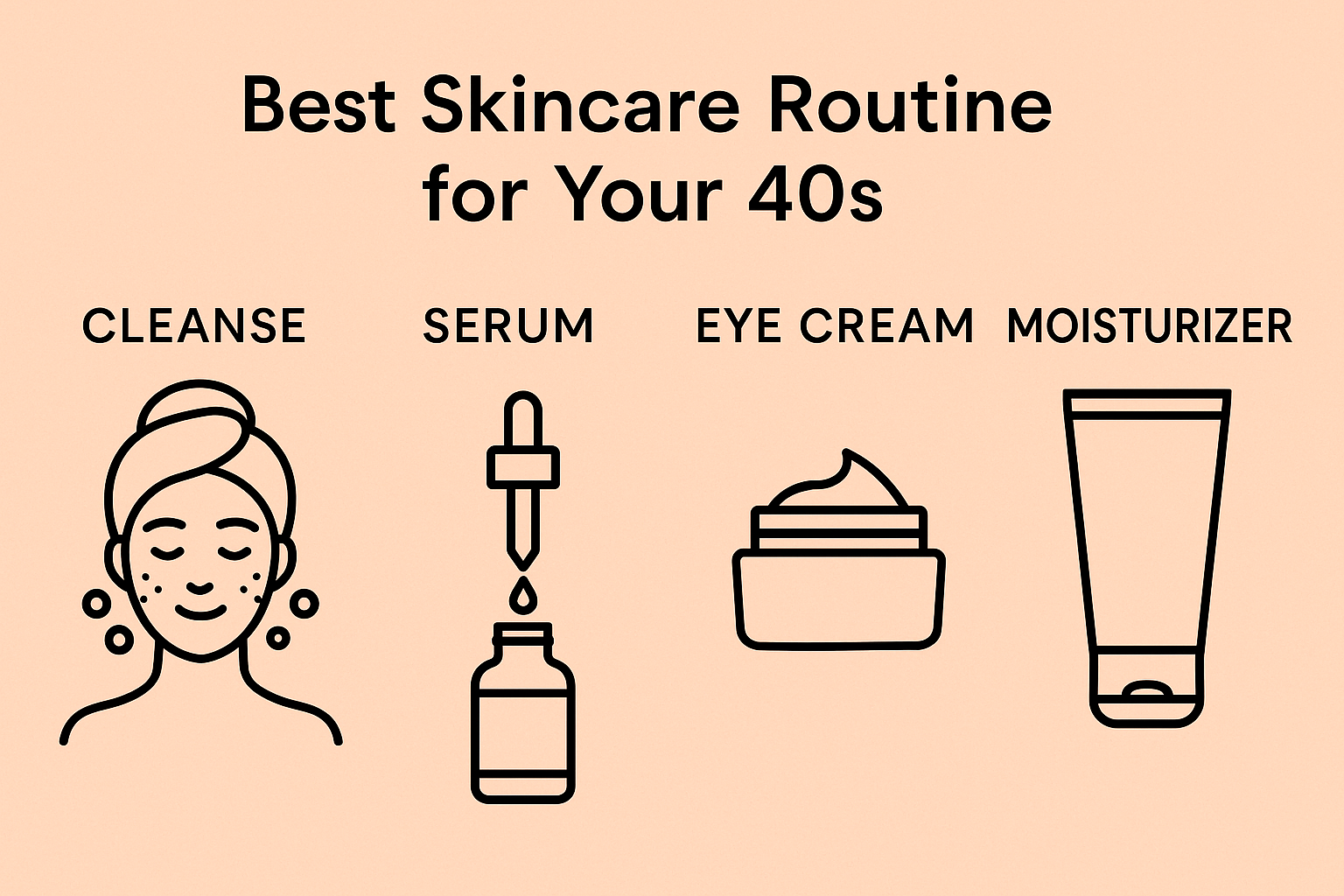
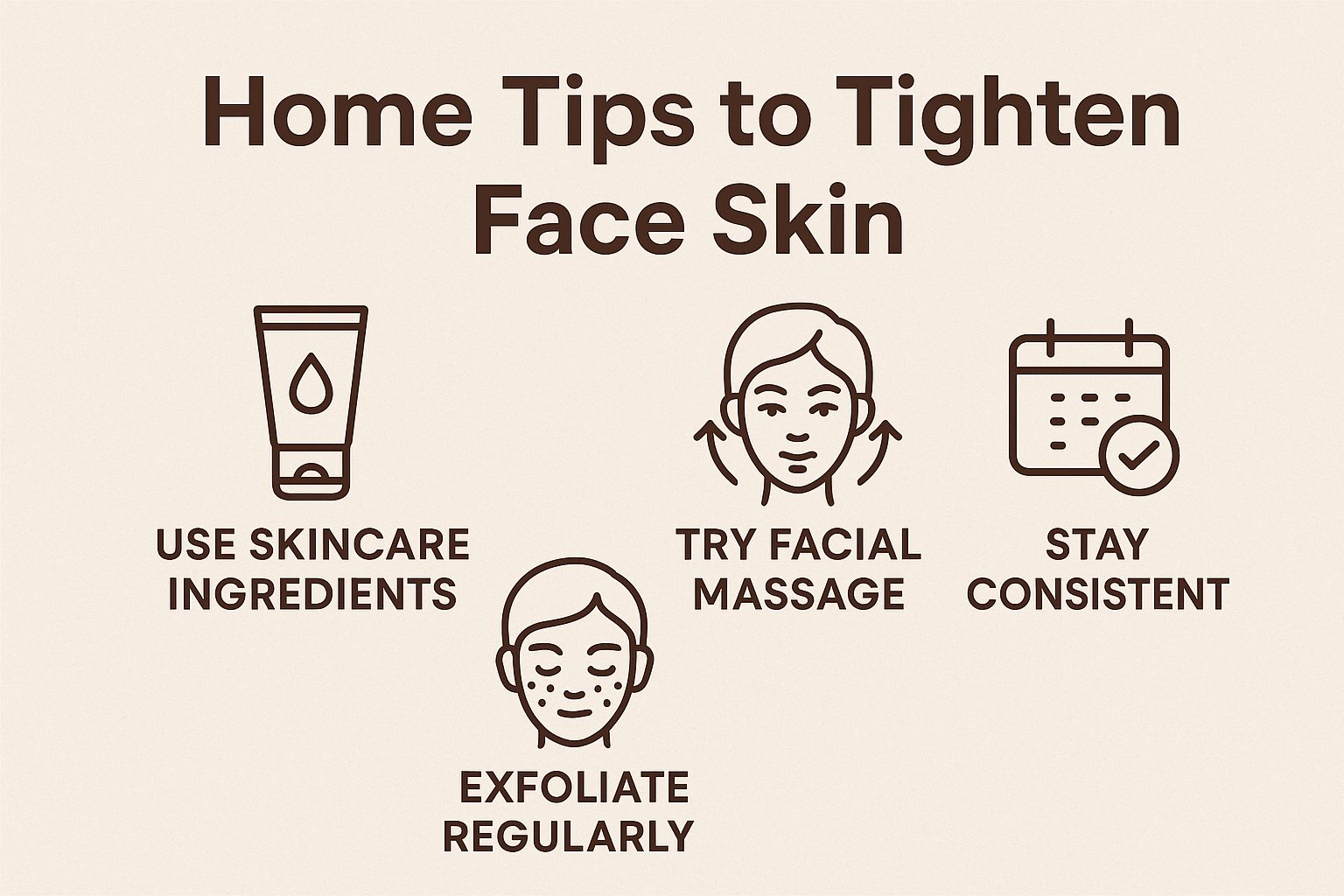

 Acne
Acne Anti-Aging
Anti-Aging Business
Business Digital Marketing
Digital Marketing Economics
Economics Exfoliation
Exfoliation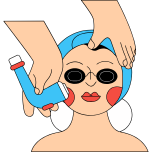 Hair Removal
Hair Removal Movies
Movies Personal Finance
Personal Finance Websites
Websites
